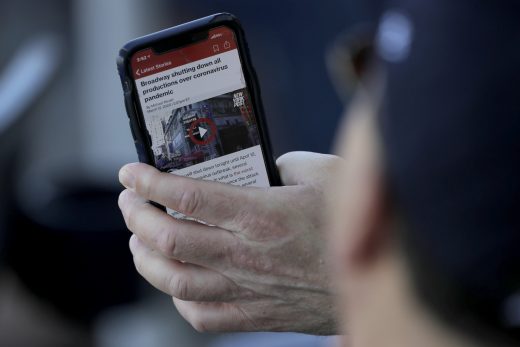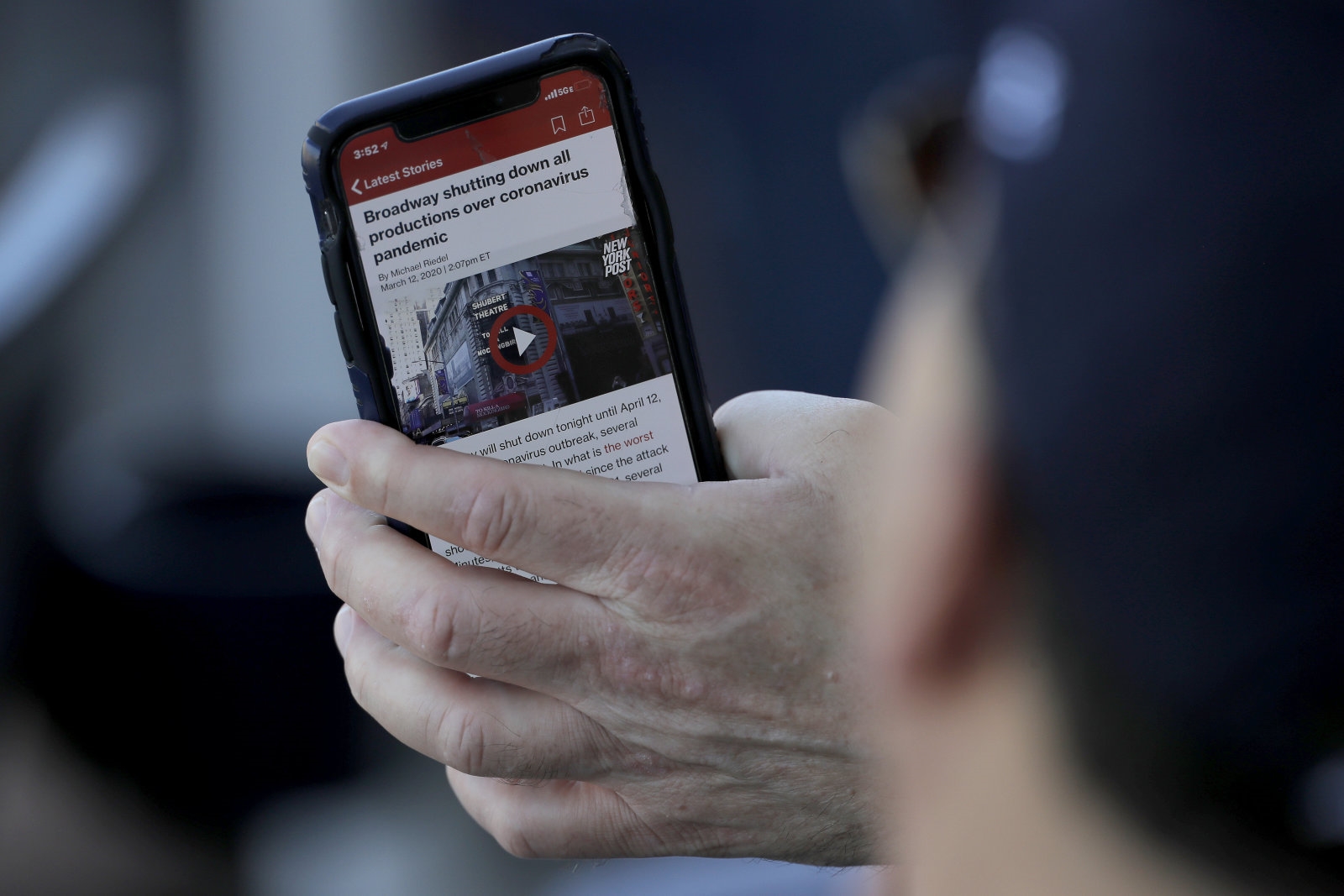US officials use mobile ad location data to study how COVID-19 spreads
The use of phone location tracking to keep tabs on COVID-19 is becoming increasingly common, and the US appears to be no exception. Wall Street Journal sources say federal (via the CDC), state and local governments have been receiving location data from mobile ads to help plan their pandemic response. The anonymized info helps officials understand where people are still gathering in significant numbers (and thus risk spreading the coronavirus), how well they’re honoring stay-at-home demands and how the virus has impacted retail.
The goal is reportedly to create a portal with location data for up to 500 American cities, one tipster said. The CDC is understood to be getting data through a COVID-19 Mobility Data Network project coordinated by experts at Harvard, Johns Hopkins, Princeton and other schools.
Neither the CDC nor the White House has responded to requests for comment.
This could be helpful for authorities looking where to take action next, such as discouraging people from visiting parks or finding businesses that aren’t complying with shelter-in-place orders. At the same time, there are clear privacy concerns. While the data shouldn’t identify anyone, there are concerns it could still be abused. The rush to defend against COVID-19 may have unintended consequences if the data is mishandled, especially if it sticks around once the pandemic is over.
(24)




